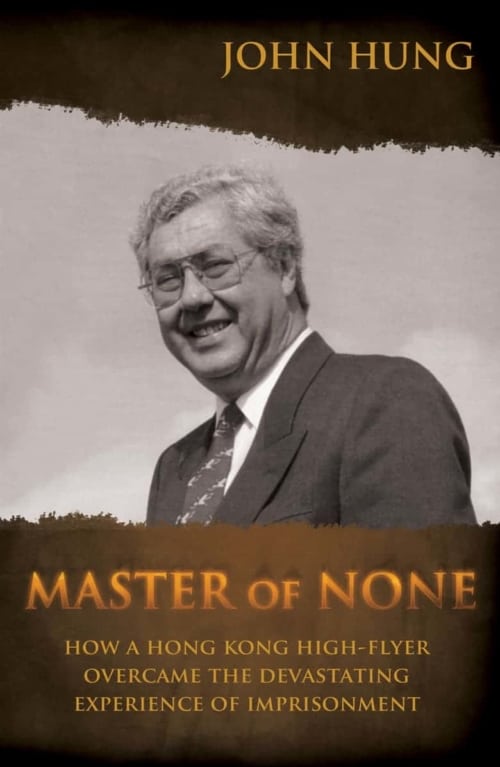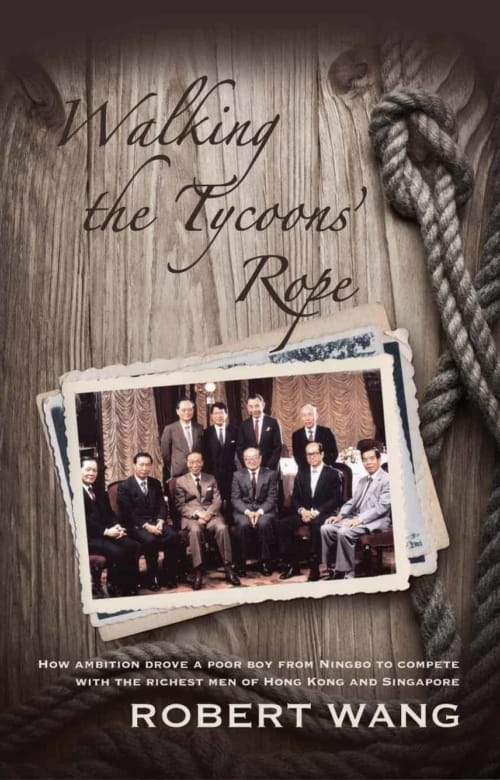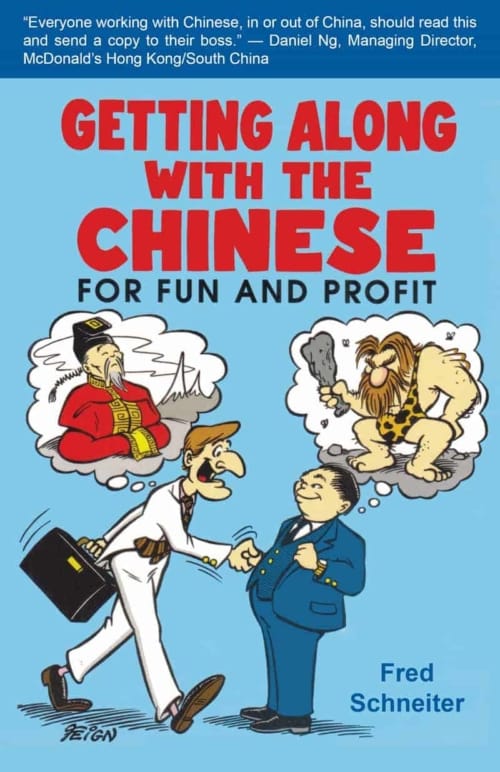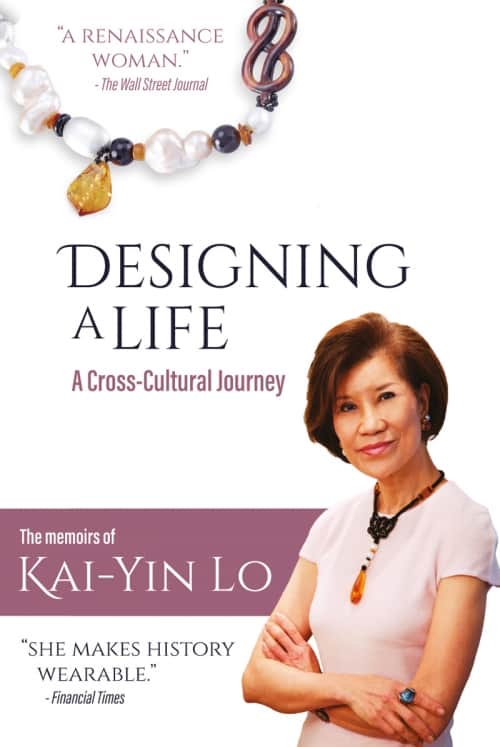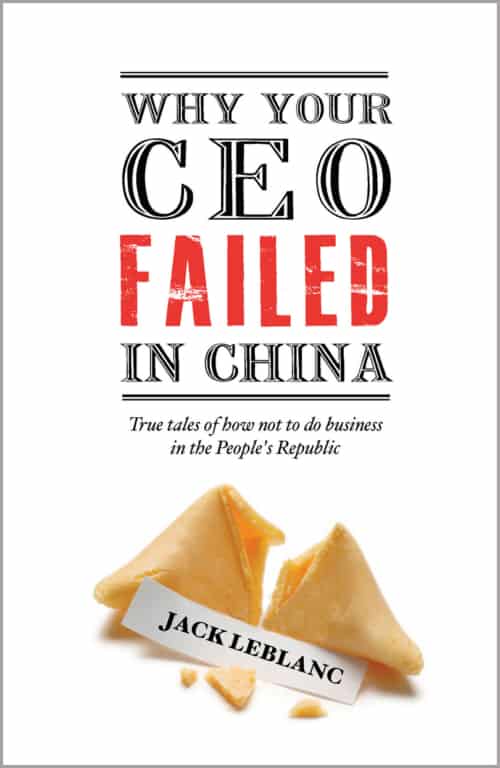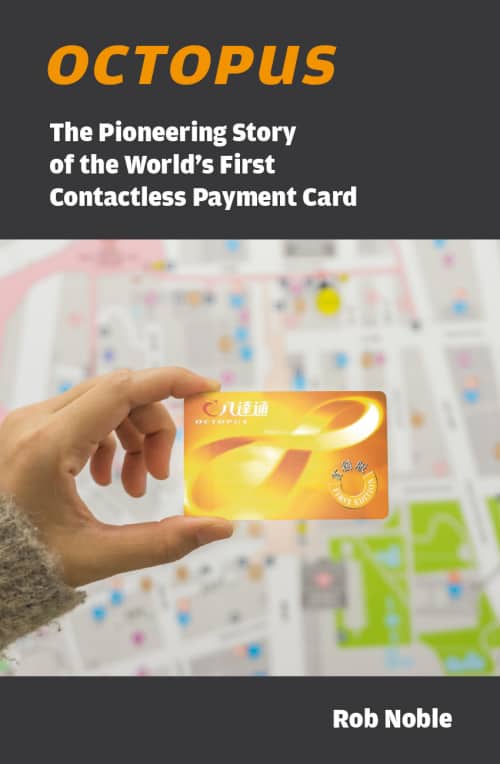Designing a Life tells the inspiring story of Kai-Yin Lo, a determined woman born to a wealthy Hong Kong family who had to build her own future following an abrupt change in the family's fortunes. After a first job at the Mandarin Oriental Hotel in Hong Kong, she made her way to Time Inc. in New York to establish a new life.
Encouraged by her first collection being accepted by Cartier New York, she employed talent, innovation and determination to become a designer of international renown, respected as an ambassador for cross-cultural exchange in art, design and thought.
“Kai-Yin is a polymath and a phenomenon, having seamlessly juggled an analytical career as a scholar, historian, teacher and editor, with the artistic and imaginative flair of an amazing jewellery, accessory designer and ceramic artist.” – Thomas Heatherwick, Founder, Heatherwick Studio, London
“In her role as Visiting Professor of the University of the Arts London, Kai-Yin Lo has done very valuable work as an effective contributor and ambassador, promoting understanding and application of cross-culture.” – Professor Jeremy Till, Head, Central Saint Martins, Pro Vice-Chancellor, University of the Arts London
“Never ceasing to learn and create, Kai-Yin has proven herself to be an outstanding artistic and intellectual entrepreneur who blends harmoniously the aesthetic and the practical. The Asia Society on both sides of the Pacific has benefited from her generosity of spirit and cultural expressions.” – Ronnie C. Chan, Chairman, Asia Society Hong Kong Center
“Kai-Yin Lo is a creative tour de force whose jewelry designs re-interpreting Chinese traditional design principles were at the forefront of a reappraisal of traditional Chinese culture. She also seeks to share her interests with others through the philanthropic support of dialogues and talks that foster an understanding of new issues in Asian culture. These have included some of the most important cultural leaders of our time, such as Xu Bing, Tan Dun, and Shen Wei.” – Melissa Chiu, Director, Hirshhorn Museum, Smithsonian Institution, Washington, D.C.
